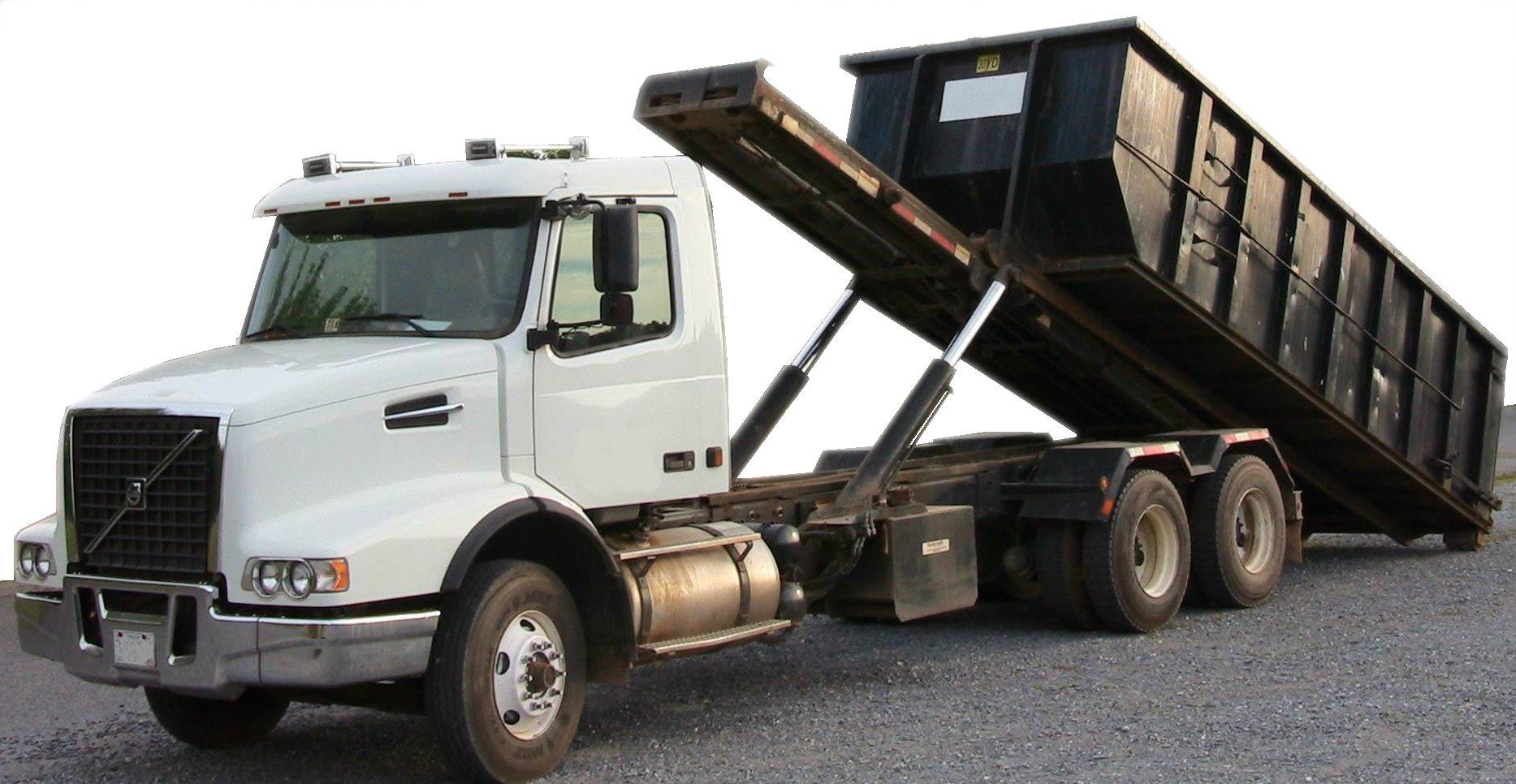
Waste container rental is something you’ve probably never done before if you’re not employed by an industrial, commercial, or construction organisation. The purpose of this post is to answer your questions about renting a garbage container. Here are a few pointers to ensure the successful decision. Solid waste has grown into a major burden for businesses of all sizes, not just within the construction sector.
1. Make Sure You Get The Right Size.
This is a common query from customers. How much space should a garbage can take up? This is an extremely relevant question. Before renting a container, you need to figure out what size you’ll need. The most common blunder is to place an order for the wrong size. If you rent one that’s way too big, that’s an example of a bad rental decision. There is no use in paying for something like a jar that will only hold half of what it is supposed to hold.
Rental Companies Typically Provide A Wide Range Of Sizes To Choose From:
For little renovations or medium cleaning jobs, the 7 m3 containers are adequate.
Containers with a 15 m3 capacity can be used for renovations of medium size or large-scale clean-ups.
Typically, 22 m3 containers are utilised for commercial or new building reasons.
2. What Kind Of Waste Is It?
The kind of waste you’ll produce is also something to think about. The mixing of products is not permitted by many container rental businesses. It is possible that some materials, such as gravel and fill, may not be allowed to be used together. Weight can also be an issue, dependent on what you’re tossing away. Inquiring with the organisation about the precise type of the waste items to be destroyed is the key to establishing the cost.

3. Know What You Need To Keep And What You Should Get Rid Of.
Hazardous garbage must not be disposed of illegally. In addition to chemicals, grease filters, herbicide and pesticides, radiological materials, solvents, paint (unless entirely dried, non-liquid latex painting cans), other volatile liquids, partly filled aerosol cans, gasoline tanks and motor oil and lubricants among other hazardous trash.
4. Make No Stops At All. You Can Save Money By Comparing Prices!
The cost of renting a dumpster might vary substantially from one company to the next. So, do your homework and receive at least two quotations from container rental businesses.. Inquire about any additional fees that may apply so that you can make a fair comparison.
5. Determine The Rental Period Needed
Another factor to keep in mind is the duration of the rental. The final pricing will be affected by this. It’s best to keep the containers on-site as long as possible because the whole amount of waste generated is usually only discovered once the job is complete. Prepare for a period of time so that you aren’t surprised.